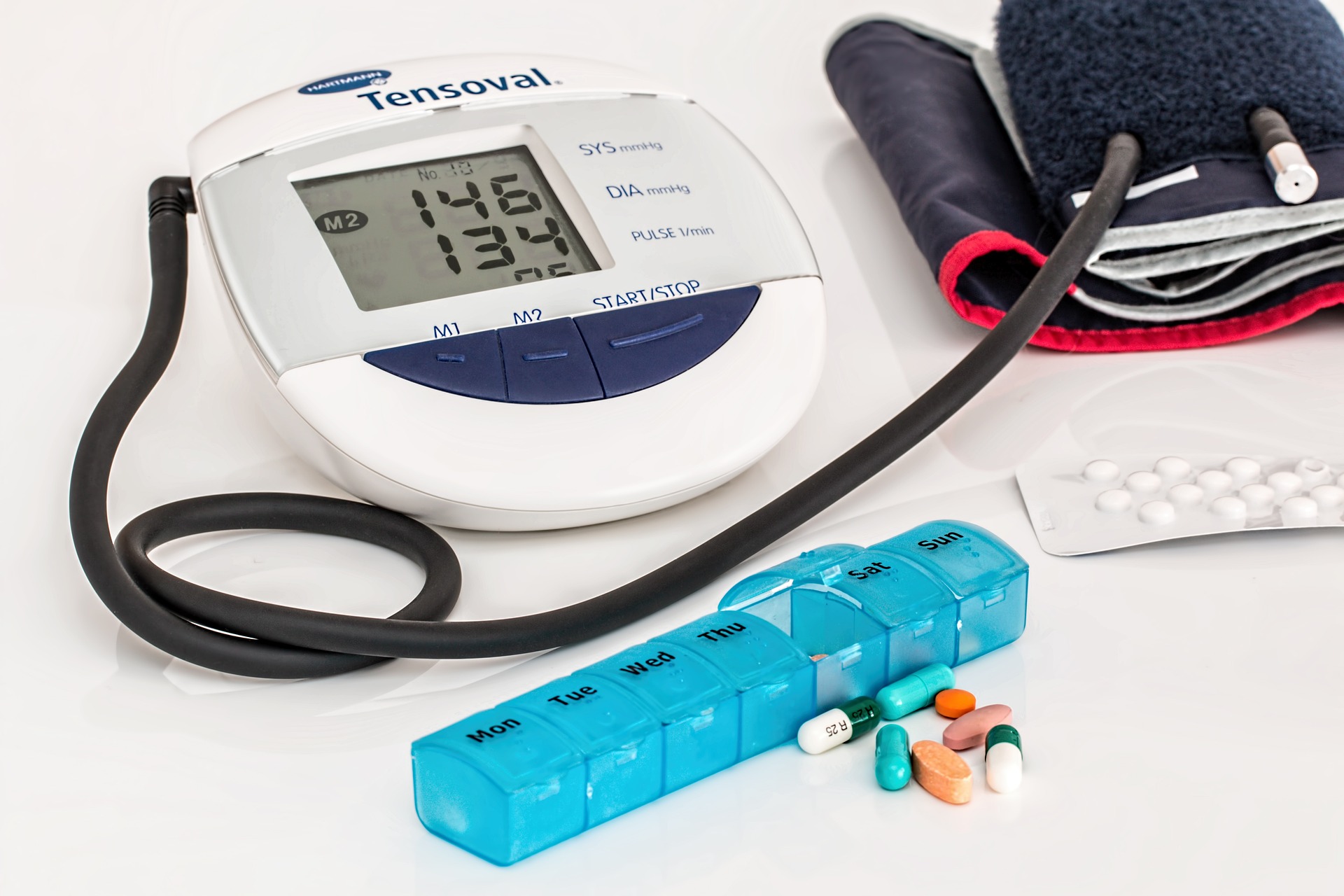Peter Liese: "This decision saves lives" / European Parliament adopts amendments to the Medical Devices Regulation under urgent procedure / Transition periods to be significantly extended / "The emergency operation has been successfully performed, now the patient must go to rehab" / Long-term solutions required
"This decision saves human lives," the health-policy spokesperson of the Christian Democratic Group in the European Parliament, Peter Liese, commented on a decision of the European Parliament on the Medical Devices Regulation on Thursday of this week. MEPs approved an extension of the transitional periods by a large majority. Doctors and patient representatives across the European Union had previously lobbied for this. The Medical Devices Regulation was passed in 2017 in response to scandals such as the PIP scandal involving defective breast implants. "This remains right at its core. We need unannounced inspections and Notified Bodies, some of which have done sloppy work must be controlled better.
However, unexpected difficulties have arisen due to Brexit and Corona. In some issues, the majority in Parliament and the Council of Ministers have also negotiated too many bureaucratic requirements into the text," Liese said.
"In an emergency procedure, we have therefore decided to extend the deadlines for high-risk products until the end of 2027 and for low and medium-risk products until the end of 2028. This helps in a very concrete way, because products that have an existing certificate and where manufacturers are trying to get recertified are at the moment nevertheless at risk of disappearing from the market or have already disappeared from the market due to a complete overload of Notified Bodies. This acutely endangers medical care. That is why an 'emergency operation' was necessary." The corresponding proposal of the European Commission from January 6th was adopted with a vast majority in the European Parliament.
However, Liese sees a further need for action: "We must not be satisfied with this emergency operation. The patient must now go to rehab. There are fundamental problems - for example, with niche products, for children, where the effort of certification is not worthwhile because the numbers sold are meager. In the case of drugs, we have a special regulation with incentives (Orphan Drug Regulation and Pediatric Regulation). We need something similar for medical devices. In addition, we need to take another look at the regulation and put the bureaucracy to the test without compromising on safety. I am sure the goals can be combined better than in the current text. The work on such a revision must now begin quickly," says the physician and MEP.


